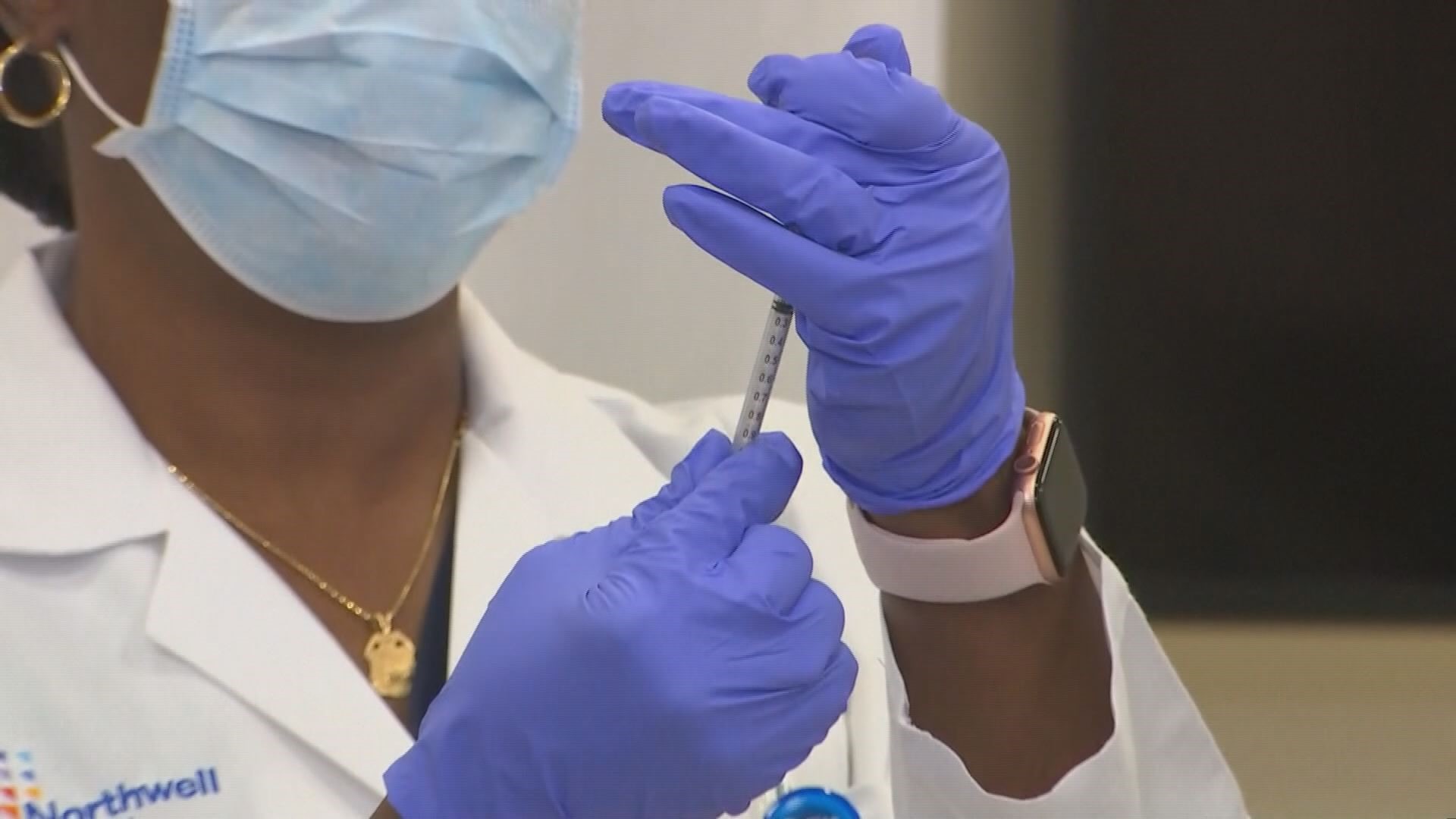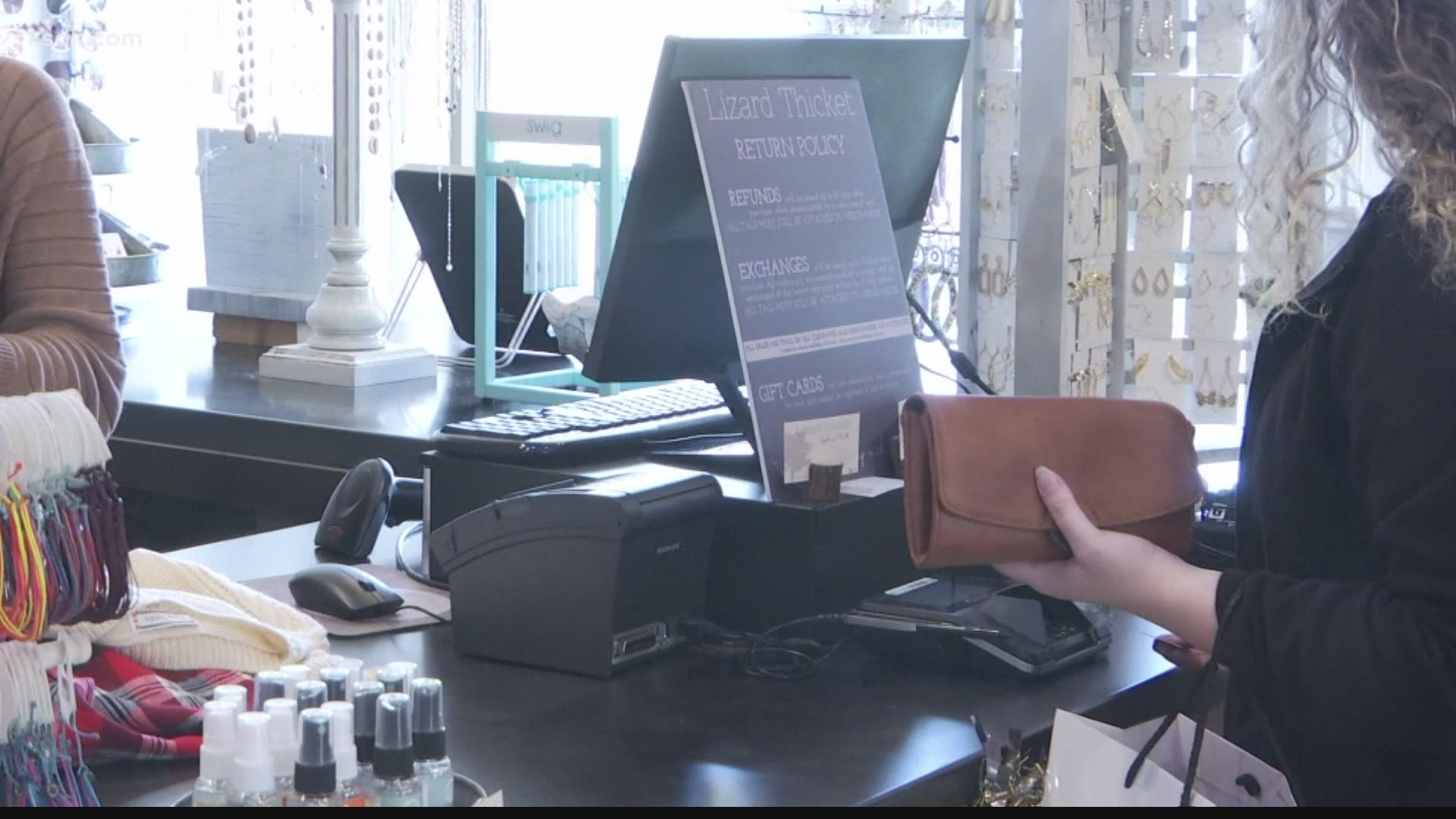ST. LOUIS — Dr. Rachel Presti, vaccine expert at Washington University and one of the top doctors leading the local COVID-19 vaccine trials, isn’t sure which will prove more difficult: developing the vaccine, or getting it out to enough people to put an end to the pandemic.
“I don't know,” she said with a smile. “I think they're both hard.”
She says the Pfizer vaccine now in distribution a well as several others proving effective are indeed incredible scientific achievements — thanks in part to systems and technology decades in the making.
When it comes to distribution, though, they are in uncharted territory.
“To some extent, it's less predictable how you are approaching the whole community,” said Presti, “because everyone has a different background. Everyone has a different level of trust in the system. And we want to make sure that some of that old mistrust doesn't result in people actually getting not as good medical care.”
It's that knowledge that has pushed vaccine companies to enroll large, diverse groups of people in their trials. Presti says a typical phase 3 trial will involve about 30,000 people on average — but some successful vaccines in widespread distribution today only had about 15,000 people involved in their phase 3 trials.
“So this study was done with a really, really large sample size for a vaccine study,” she said. “If you combine the two vaccines that are likely to be used right away, the Pfizer and the Moderna, there have been an almost 75,000 people. So tons of people.”
Because COVID-19 is so widespread, scientists say it actually helped them understand vaccine efficacy more quickly, since people in the trial had a higher risk of catching it.
The quantity of people involved is important — but so are the diverse qualities of those people, since it is always important to consider how people in different demographics respond to a vaccine. Dr. Presti said about 30% of the people vaccinated and demonstrating efficacy were people over 60 or 65 years old. According to data published by Moderna and Pfizer, the US studies for both involved about 30% participants of color.
“That’s new for vaccine studies that we would have that on our very first phase three trials, we would actually have that kind of representation,” said Dr. Presti.
Vaccine trials through St. Louis and Washington Universities are ongoing. The Universities say if you are interested in enrolling, you should sign up on their websites: the Washington University Division of Infectious Diseases clinical trials site and Saint Louis University’s Center for Vaccine Development.


